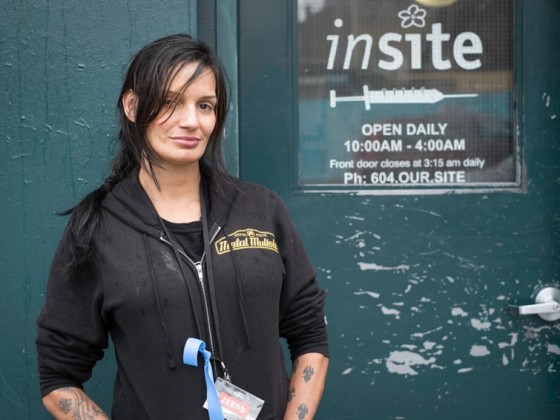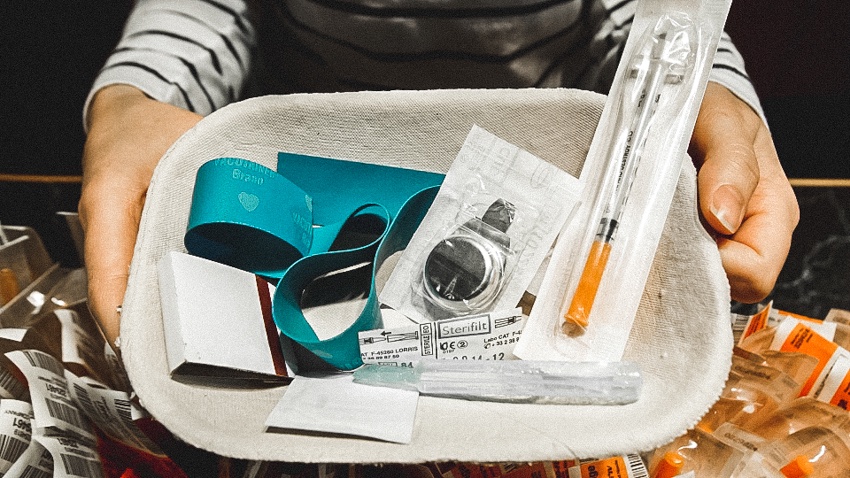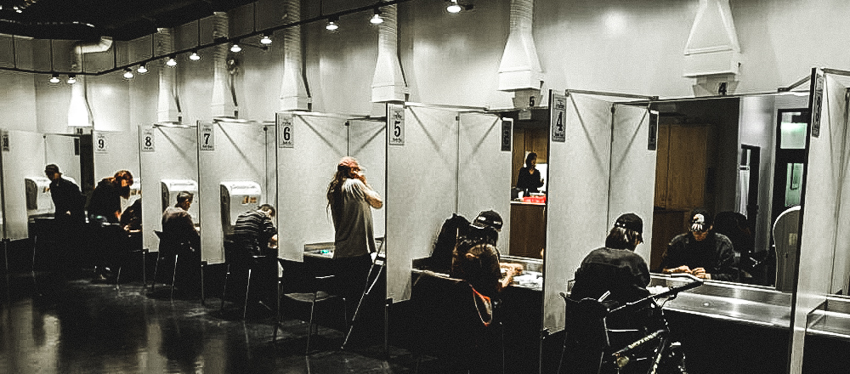“During its eight years of operation, Insite has been proven to save lives with no discernible negative impact on the public safety and health objectives of Canada.” Unanimous decision by the Supreme Court of Canada, 2011.
Drug addiction is a universal problem. It is a colour-blind, stateless, unprejudiced scourge, and it crosses all the socio-economic barriers. And the numbers are staggering. Data from the U.S. National Institute on Drug Abuse, the World Health Organization and the National Institutes of Health, along with countless reports in the press all suggest that the worldwide number of so-called substance abusers is in the hundreds of millions, and of those, tens of millions have become addicted. But this article is not about preaching or proselytizing. It’s not about condemning or condoning, and it’s not about the vast majority of addicts for whom help is both available and accessible – help in the form of counseling, halfway houses, medication and even hospitalization. And if a Hollywood mogul or a Wall Street banker has fallen under the spell of the siren song, there’s always a few weeks of rehab at one of the private upscale clinics that masquerade as chic country clubs. I’m talking here about those users who can’t shake the devil off their backs and don’t have the wherewithal to get help. Many of them end up on the streets, homeless and helpless, shamed and shunned. The problem festers, communities suffer and the voices of reason go unheeded.



